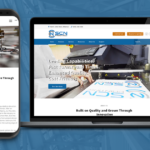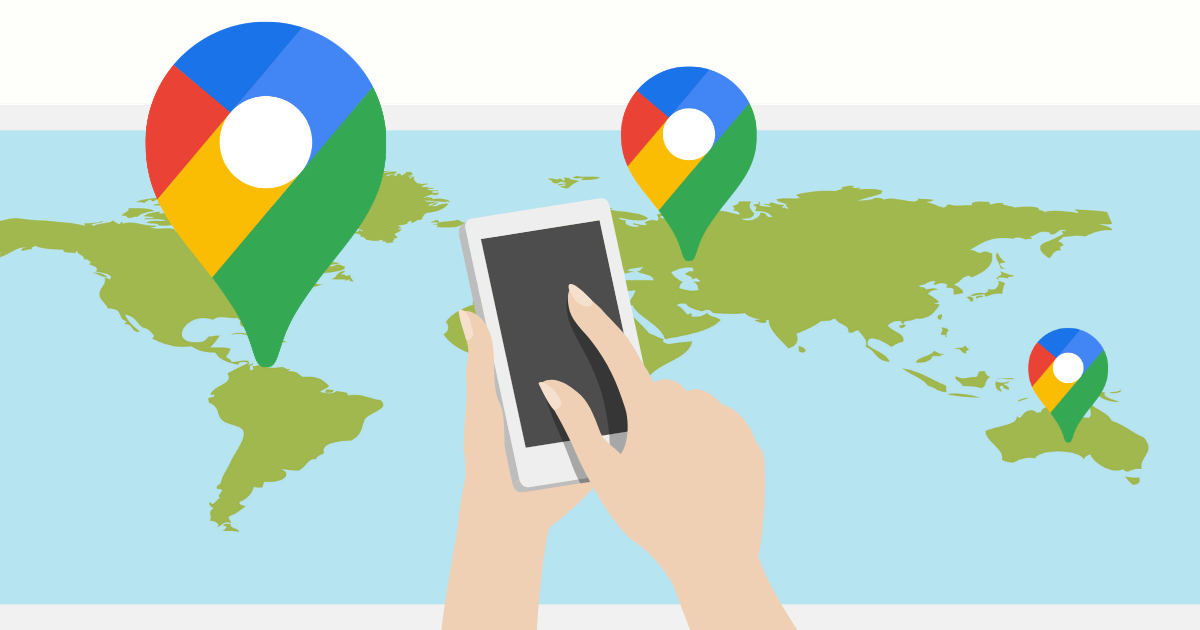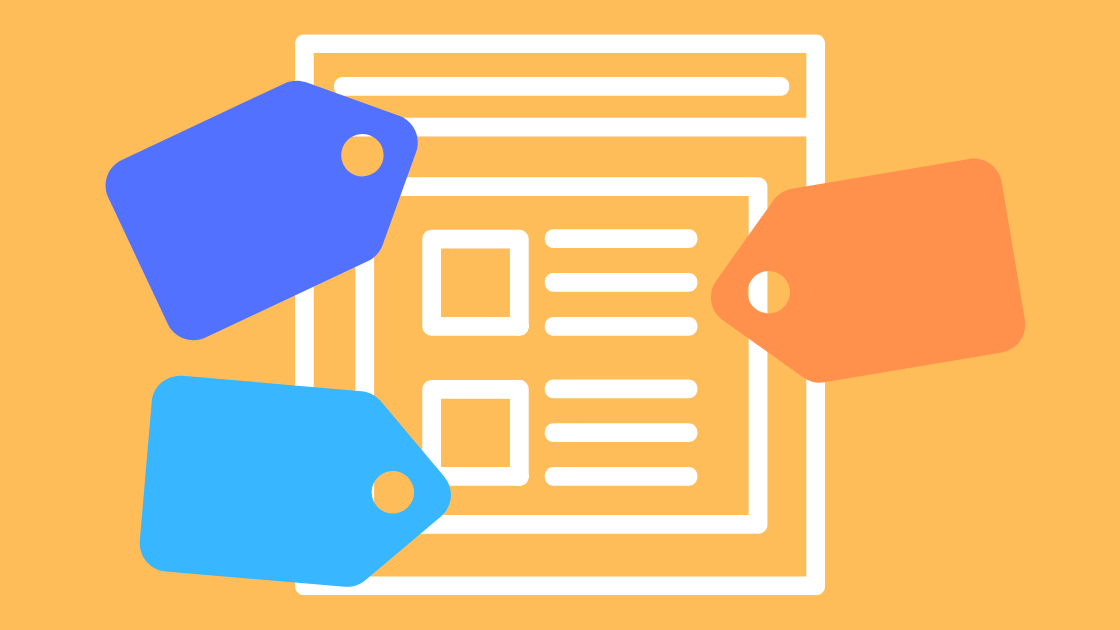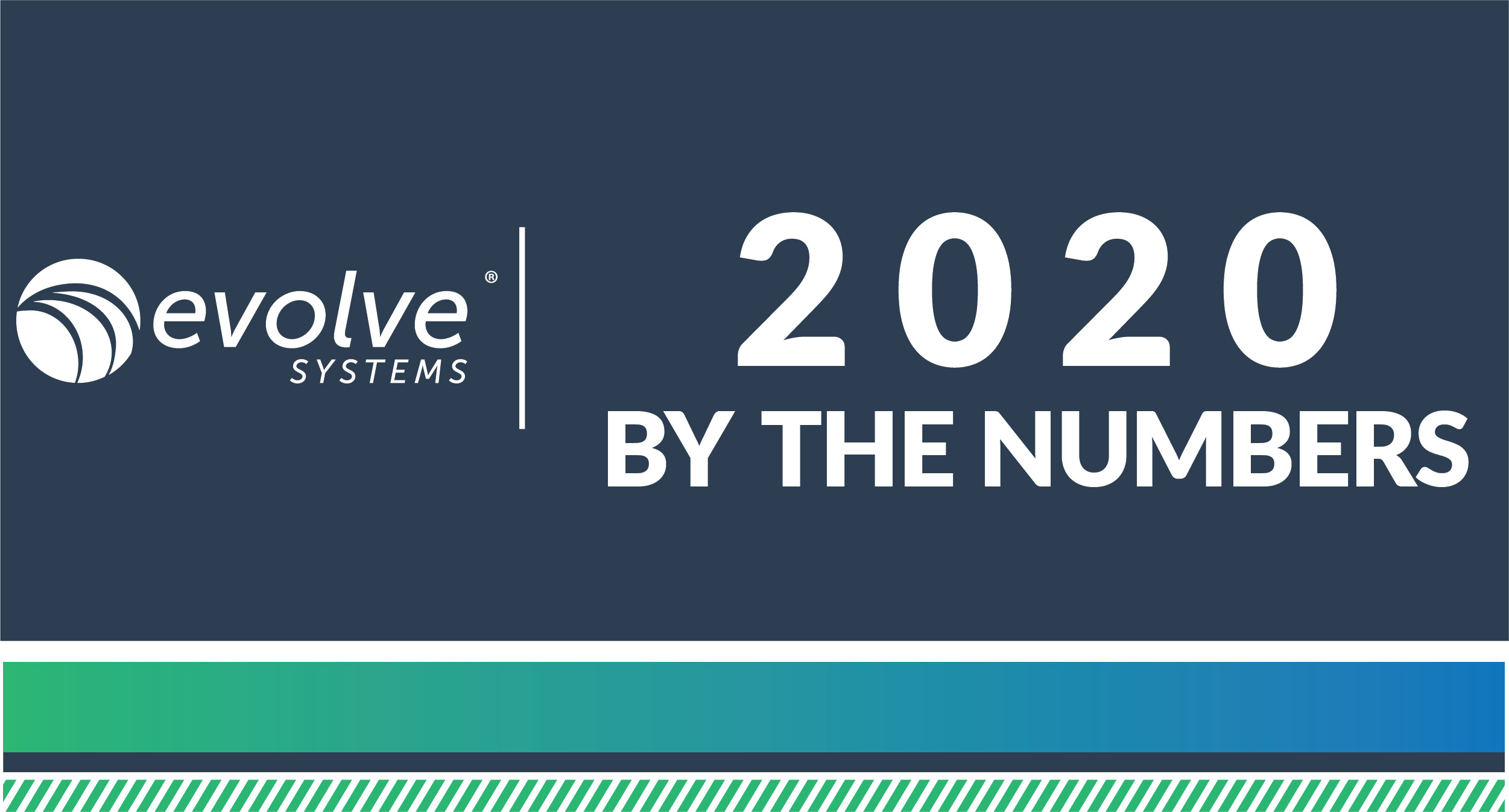2020 has been a crazy year so far! As a business owner, this year has been a whirlwind of emotion. From opening an online store in a week to implementing a new system of curbside pickups, every company has seen its business plan significantly change. That shift has had an impact on business’ digital presence and conversions, both positive and negative. There’s no worse feeling than the lack of form submissions, online orders, or even phone calls.
So what can your business do to solve this problem?
One way of getting more site traffic is paid advertising. Yet, depending on your business, paid advertising can either be a spectacular solution or a failed attempt. There are many reasons why your company should be jumping on the paid advertising bandwagon – tt’s popular for a reason! This article provides clarity on how and if paid advertising is the right option for your business.
What is PPC?
Pay-per-click (PPC) is an online advertising option where you determine how much you want to spend on your ads, where you want to advertise, who you want to target, and when you want the ad to run. PPC is used on search engines, like Google, Bing, or Amazon, and on social media platforms, like LinkedIn or Facebook. In this article, we will focus on Google PPC ads, yet the information can be transferable to the other platforms mentioned.
Before we dive into explaining if PPC is the right option for your business, let’s first discuss the benefits and disadvantages of pay-per-click advertising.
What are the benefits of using PPC?
1. Immediately show up at the top of search results
A big difference between paid ads and organic traffic is that organic can take a lot of time and attention to gain traction and receive a high ranking. Search engine optimization (SEO) takes ongoing work and patience to build a solid organic marketing plan, yet when SEO and paid advertising are developed and implemented together it makes for a comprehensive strategy. PPC places your website at the top of Google’s search results page (SERP) rather than waiting for an organic ranking. And the higher your website appears on SERPs, the more likely you are to get clicks (as explained in the next point).
For example, if your competitors dominate a majority of the top organic search results for your targeted keywords, then paid advertising allows you to immediately capture those top rankings without waiting weeks or months for organic competition.
2. Increased number of clicks
A 2019 study by Backlinko analyzed click-through rates (CTRs) across 874,929 pages and over 5 million search queries, and what they found was insightful. When it came to CTR data, the first ranked result in Google gets 31.7% of all clicks. And, only 0.78% of all Google searches are clicks on the second page of results.
It’s imperative to have your business show up in the top three results in order to receive the clicks and traffic your business wants. Simply put, a website that ranks higher will receive more clicks than a website that ranks lower.
3. Defined targeting options
PPC also allows you to pick and choose the type of audiences that you want to reach. Ads are not limited to simple text ads, but offer options for display, remarketing, and video ads. Allowing you to take a more extensive and sophisticated approach for testing different audiences that you want your brand to target. It gives your business an advantage over other channels, such as email or organic social, since you can specify who will see your ad to increase engagement.
4. Data, data, and more data
With the combination of the information Google Analytics provides on how your website is performing and the data you’ll receive from PPC advertising, your business may find itself with more data than you know what to do with. PPC and SEO work well together when it comes to impressions and traffic opportunities. From a performance standpoint of impressions, clicks, and conversions, PPC advertising can provide you with surprising insights and direction on suggested keywords and how to prioritize your website’s SEO, which in extension, can enhance your PPC efforts. Additionally, PPC data tracks everything in your campaign, including key performance indicators (KPIs), so your business can understand which ads are performing the best, even down to the minute details, such as the optimal time of day. This data gives you the ability to refine and improve your ads so they are performing the best for your business.
What are the disadvantages of using PPC?
1. Paying for unwanted clicks
Clicks on your ads will cost money, meaning that you pay whenever someone clicks on your ad. Whether they accidentally click on your ad or immediately bounce from your site because they have no intention of buying your products or using your services, it will still cost you money. If you are investing in costly keywords and receiving numerous bounces, then the ad can quickly become expensive with a very low return on investment (ROI).
2. Watching for negative keywords
When creating a Google PPC ad, you add what keywords you want your ads to target in order to display on the SERPs for those terms. Yet, you will also need to spend time reviewing your ads to determine which negative keywords you need to add. Negative keywords allow you to exclude search terms so your ad does not appear on those results. This allows you to further define your ad to the correct audience and limit unwanted clicks which ultimately saves valuable ad spend.
3. Competing with competitors
If your business is in a highly competitive industry, there will be multiple companies already vying for top advertising real estate. Your competition might be fierce, causing your keywords for the top spots to cost more and more each month. If your bidding is too low on crucial competitive keywords, you may not show in the top spots causing your ad to be bumped to page two or three of the search results. It is important to evaluate the ROI on your ad spend to determine the best route when choosing keywords that may have higher competition.
Which businesses and industries should invest in PCC
This is a bit of a loaded question, based on a recent study, a high percentage of internet users choose Google Chrome for their choice of search engines. In regards to Google PPC ads, it’s safe to assume a majority of an industry’s audience is using Google, therefore these businesses would benefit from PPC ads. For the other platforms, such as social media, it is crucial to determine if your ideal audience is active on the platform before investing in PPC ads. Overall, there are a few business and industry characteristics that often respond well to the use of PPC advertising.
1. Local businesses and small businesses
A few months ago, in our SEO webinar, we recommended that local businesses take advantage of less demanding ways of building their website’s value by improving their site’s SEO. It is a marketing strategy that can be scaled to time and resources available as time goes on. Yet, not all businesses are immediately equipped with the means necessary to implement SEO strategies, and therefore need an alternative option to get business results. So, in steps paid advertising.
PPC can help small and local businesses start ranking higher, especially for local searches. As mentioned, paid advertising and SEO can be coupled to create a comprehensive approach to digital marketing, therefore by jumpstarting your PPC ads it opens the opportunity to advance your SEO to receive organic traffic in the future.
Paid ads are a beneficial option for small and local businesses as they start to rank organically. While your company will have to pay for clicks, a well-managed campaign that targets a defined audience in a geo-targeted area can help local businesses quickly gain website traffic.
2. Businesses and industries with high customer lifetime values
Businesses or industries that can benefit from paid advertising are brands that have high customer lifetime values, or (CLV). A CLV means that a business has high customer loyalty who tend to make repeated purchases or use the services over a long period of time. These businesses can justify spending more on PPC because acquiring new customers often leads to repetitive sales overtime and higher ROI.
Below are examples of some industries that have high CLVs:
- Cable, satellite, and internet providers
- Medical and dental
- Colleges and trade schools
- Cell phone and utility Companies
- Accountants
- Print and signage shops
3. Unique products and services
Suppose you’re a business carrying products or services that are unique or not easy to find. If your website is not organically promoting your products or services or are competing with big-box retailers that offer a similar product or service, then you need another option to effectively promote your product. To capitalize on your niche, your business can take advantage of specific keywords that are unique to your product or service to capture those leads.
- Manufacturing
- Professional Services
- Consulting
4. Events and season-based products and services
Halloween is just around the corner; do you need a costume?
Winter is coming! Do you have your snow and ice removal plans ready?
Christmas seasonal sales mean more shipping. Do you need help with your packaging and shipping needs?
Whether your business sells costumes, offers snow removal services, or provides packaging solutions, you will often have a specific season that requires heightened attention to optimize sales. Investing in PPC can jumpstart your company’s sales during your busy seasons in order to generate the most conversions your company can within the limited time frame.
5. High margin-based companies and industries
If you own a business with high margins then investing in PPC can be a rewarding option. Much like industries with high CLVs, your company can review a high ROI when using PPC advertising since a single conversion can lead to a large profit margin. Therefore, if one sale can outweigh the costs of months of PPC ads, then all of the other conversions captured during that time only heightens its ROI.
A few examples of high margin-based industries include:
- Lawyers
- Car dealerships
- Home or auto repair shops: Plumber, roofing, auto body shops
- New appliances or furniture: kitchen appliance, garage doors, kitchen counters
PPC advertising is a reliable and profitable channel for B2B and B2C companies that need to quickly rank, gain traffic, and generate conversions. To implement a successful PPC campaign, across all channels, contact Evolve Systems! We can evaluate existing PPC ads or help create new ones that will generate the most ROI.
